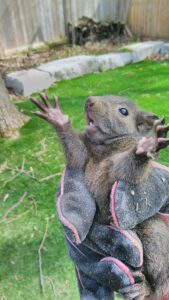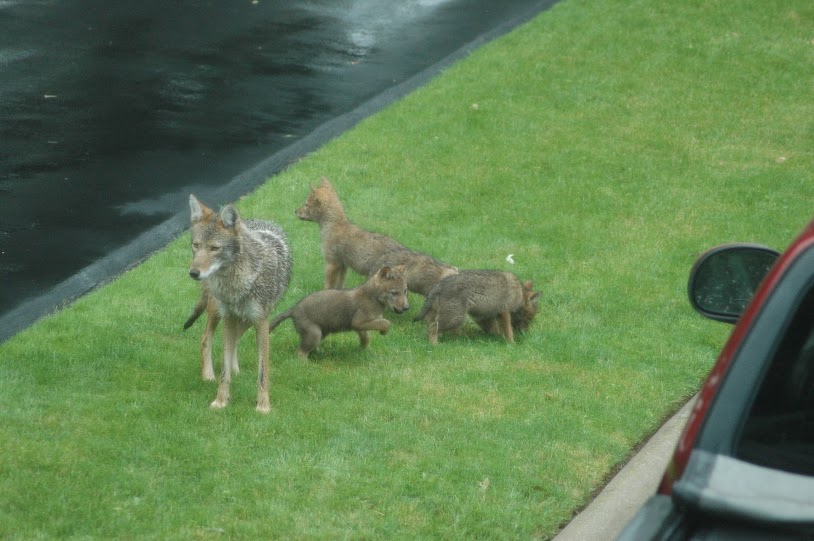Spring always brings an abundance of wildlife, but Canadians are reporting more sightings of wild creatures this year. It’s likely due to the COVID-19 isolation conditions. Fewer humans out and about mean that shy animals can explore their habitat with less anxiety. Regardless of the reason that we’re seeing more wild species, it’s important to know how to deal with these animals and understand wildlife prevention in Durham.
How Will More Wildlife Impact Homeowners?
Experts aren’t sure what the effect of COVID-19 will be on wildlife. In the short-term, there are concerns that society could see larger litters from raccoons and squirrels. Less vehicle traffic means that animal populations could increase from a lack of fatal collisions. Next year at this time, Canadians may be dealing with even more wildlife than usual.
What Should You Do If You Have Wildlife on Your Property?
 If you see a rare pair of wild turkeys in your yard, pause for a minute to enjoy the beauty of nature. When you hear a rustle in your attic, however, call your professional wildlife prevention Bowmanville service for removal. Spring and summer are peak months for wildlife families to move into attics or basements for protection.
If you see a rare pair of wild turkeys in your yard, pause for a minute to enjoy the beauty of nature. When you hear a rustle in your attic, however, call your professional wildlife prevention Bowmanville service for removal. Spring and summer are peak months for wildlife families to move into attics or basements for protection.
You should never approach wildlife on your own. Mommas with litters can be very protective and aggressive. If you suspect that any type of wildlife has made its home in your house, always seek professional assistance. Trying to remove raccoons can be dangerous because they may carry rabies or other diseases. With some types of wildlife, there are regulations that affect relocating animals. Professionals keep you safe and protect wildlife.
If It’s a Baby Animal, Shouldn’t You Take Care of It?
During the spring, it’s not uncommon to find baby wildlife on the ground. With many species, only the females care for the young. When mom is out hunting for food or moving babies to another den, the young ones can fall out of the nest or go astray. In the vast majority of cases, momma will come back and take care of the baby.
Since raccoons and opossums are nocturnal animals, they may wait until dark to rescue their young. The best thing to do if you see a baby is to leave it alone for 24 hours and wait. Keep your kids and pets away from it to give mom a safe space. Never move the baby or pick it up. If it does appear distressed or sick, call a professional wildlife removal service or your local humane society for advice. Even baby wildlife can have rabies and parasites dangerous to humans. They can bite and scratch so teach your children never to disturb wildlife.
How Can You Prevent Wildlife From Invading Your Home?
Some experts believe that Canadians may be seeing more wildlife because they are home. Wild creatures are exploring nature because of a lack of humans, but people are slowing down and paying attention to the world differently. While it’s unlikely that a skulk of foxes would set up a home in your garage, they may return to your yard if they find food or water. Here are tips for keeping wildlife out of your house:
- Secure trash can lids and other food sources, such as dog or cat dishes.
- Don’t feed wildlife and pick up vegetation, such as fruit or vegetables in your garden.
- Seal up all holes to your attic, basement and deck.
- Place grates over the chimney and on vents to prevent entry.
- Clean up any sites that could be attractive as nests or provide nesting material.
Wildlife can damage your home. The urine and feces can present many different biohazards. Babies of all wildlife species love to chew, and your wiring and insulation could soon be rendered unusable. Contact our Skedaddle Durham team for wildlife prevention and attic restoration to keep your home safe and comfortable all year long.



